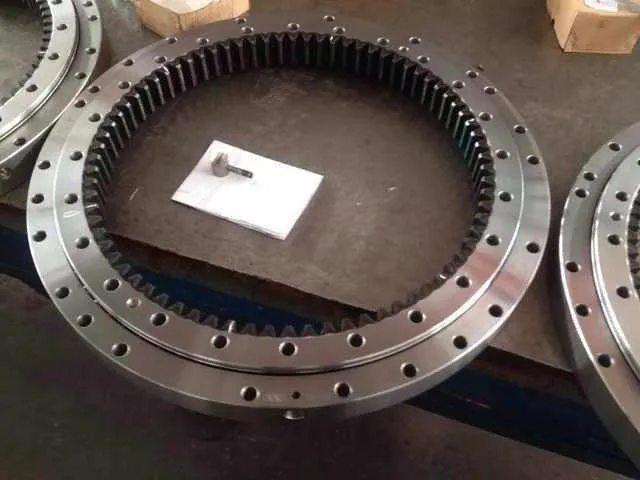
Šķērsriteni rullīšu šūpoļu gultņi are essential components in various heavy machinery, known for their ability to handle high loads and ensure smooth rotation. However, like all mechanical parts, they are subject to wear and tear over time. One common issue that arises from prolonged use is the occurrence of abnormal noise during operation. These noises can indicate underlying problems that, if not addressed promptly, could lead to more severe damage and machine downtime. In this blog, we will delve into the various causes of abnormal noise in cross roller swing bearings and provide detailed solutions to address these issues effectively.
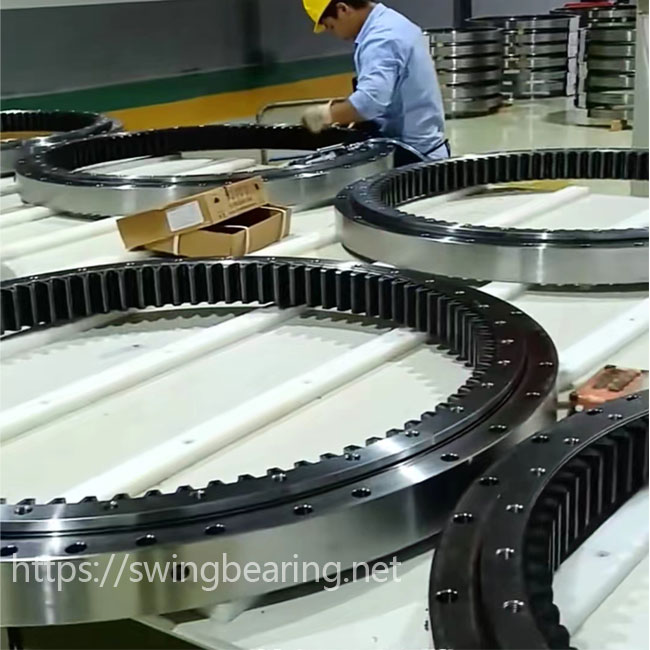
Bearing Wear
Bearing wear is one of the most common causes of abnormal noise in cross roller swing bearings. Over time, the inner and outer raceways of the bearing can suffer damage due to continuous impact or severe operational conditions. This damage can manifest as surface defects like dents, scratches, or pitting on the rolling elements. Such imperfections can cause the bearing to produce a clear and crisp noise. Additionally, wear can lead to poor meshing between the bearing and the shaft or the bearing and the housing, resulting in periodic vibration pulses caused by shaft misalignment. These pulses are often accompanied by a noticeable increase in noise levels.
Small Clearance Between the Shafts
The axial clearance in cross roller swing bearings is designed to be minimal to ensure optimal performance. However, if the rollers in the raceway are too tightly squeezed, leading to an excessively small axial clearance, the frictional resistance within the bearing increases. This heightened resistance causes severe collisions between the rolling elements and the cage holes, producing abnormal noise. Proper clearance is crucial to prevent such issues and ensure smooth operation.
Foreign Objects Entering the Bearing
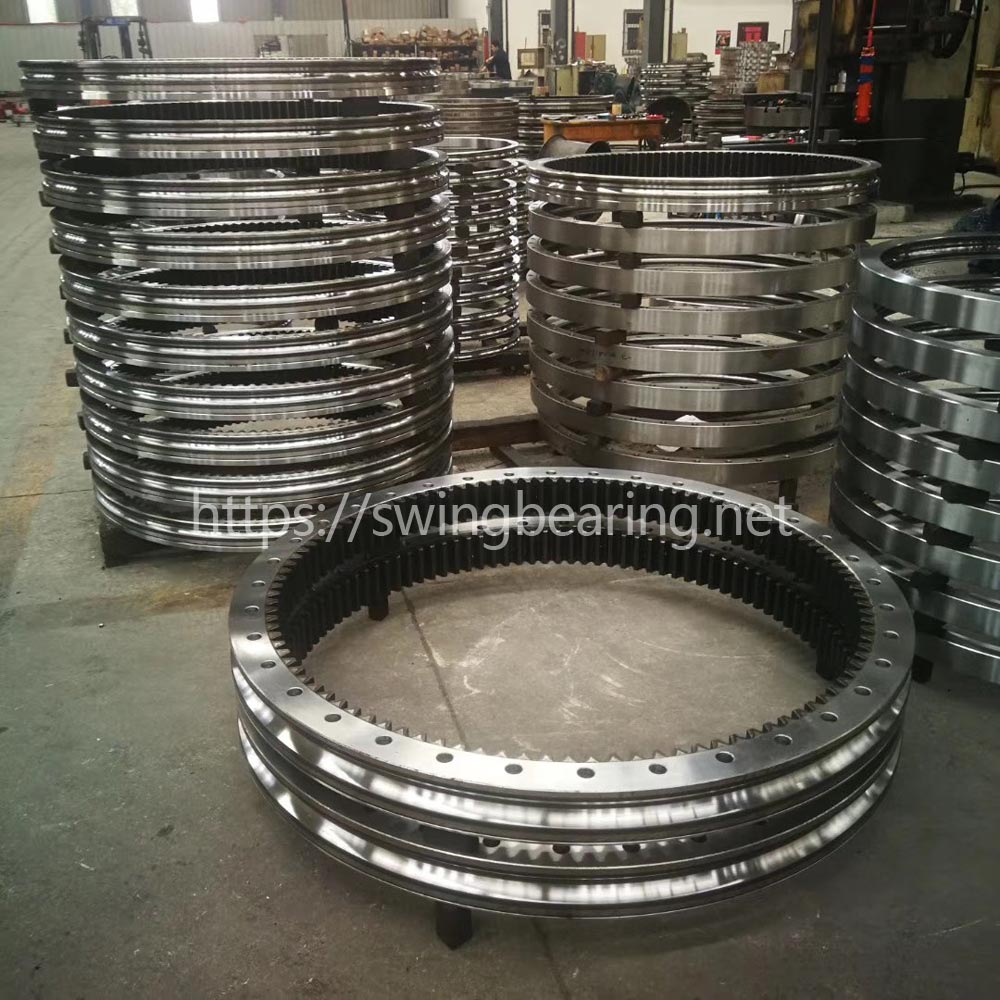
The ingress of foreign objects such as dust, impurities, or iron filings into the bearing can significantly impact its performance. These contaminants cause severe friction between the rollers and the raceway. Even small particles can generate periodic or non-periodic vibration pulses during operation, resulting in abnormal noise. Ensuring a clean operating environment and effective sealing can help mitigate this problem.
Poor Lubricant Performance
Lubricants play a vital role in the performance and longevity of bearings. Using poor-quality lubricants or experiencing leakage due to improper sealing can lead to abnormal noise. When the lubricant is not up to standard, it can cause increased friction between the rollers and the cage groove. Additionally, abrasive lubricants can lead to vibration pulses within the bearing during operation, resulting in noise. Therefore, selecting the right lubricant and maintaining proper lubrication levels is essential for preventing abnormal noise.
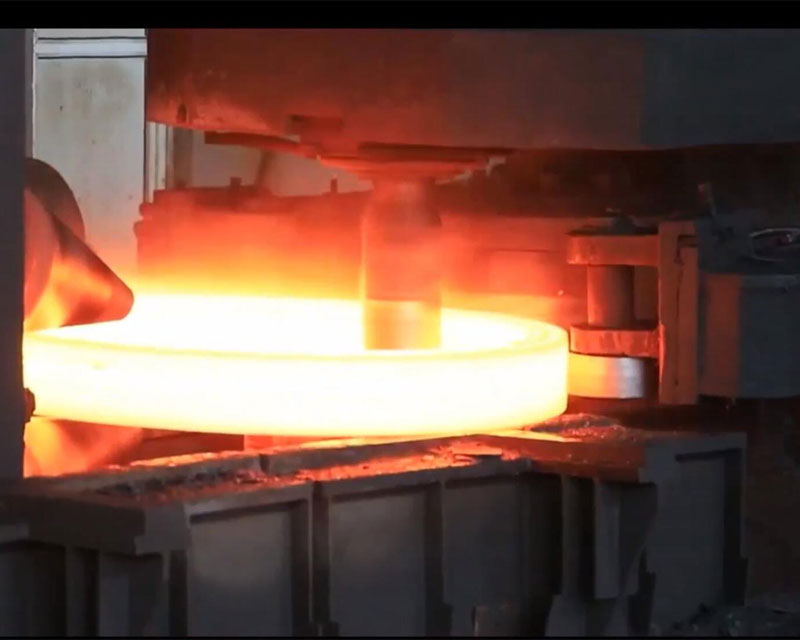
Timely Replacement After Wear
When abnormal noise is detected in cross roller swing bearings, it is crucial to inspect the bearing surfaces for any signs of collisions or damage. If the bearing is found to be damaged, it must be replaced promptly. Even minor issues can affect the bearing’s operation, leading to more significant problems if left unaddressed. Regular inspections and timely replacements can help maintain optimal bearing performance and prevent unexpected failures.
Adjust the Clearance
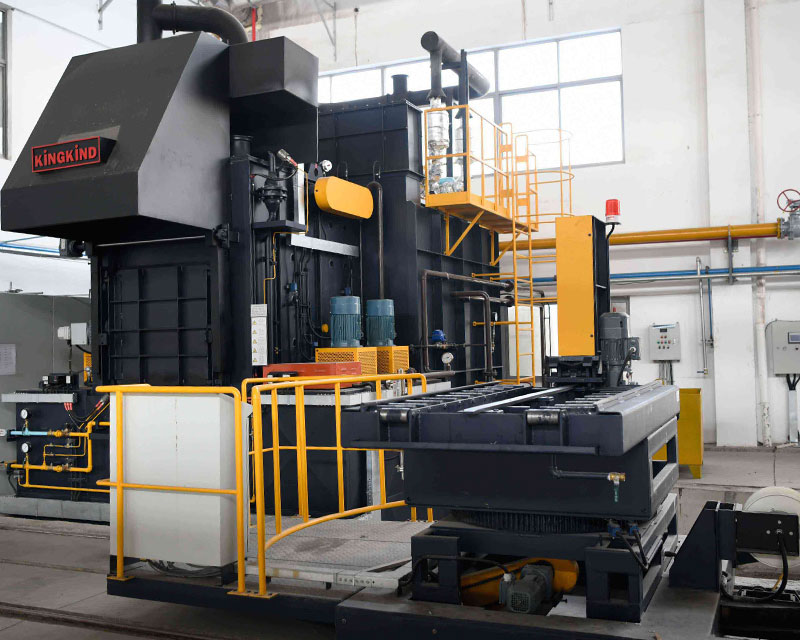
If abnormal noise is attributed to excessively small clearance within the bearing, it is necessary to check and adjust the clearance accordingly. Ensuring the correct axial clearance is crucial to reducing additional torque and preventing collisions between the rolling elements and cage holes. Properly adjusted clearance helps in maintaining smooth operation and minimizing noise.
Replace the Lubricant
The selection and maintenance of lubricants have a significant impact on bearing performance. It is essential to use high-quality lubricants that meet the specific requirements of cross roller swing bearings. Regularly checking and replacing lubricants can prevent issues related to friction and wear. Proper lubrication not only reduces noise but also extends the bearing’s lifespan and enhances overall performance.
Abnormal noise in cross roller swing bearings is a common issue that can indicate underlying problems such as wear, improper clearance, contamination, or poor lubrication. Addressing these issues promptly is crucial to maintaining the performance and longevity of the bearings. By understanding the causes and implementing the appropriate solutions, operators can prevent severe damage and ensure smooth and efficient operation of their machinery. Regular inspections, timely replacements, proper clearance adjustments, and the use of high-quality lubricants are key to achieving optimal bearing performance.
Q1: What are the common causes of abnormal noise in cross roller swing bearings?
Q2: How can bearing wear cause abnormal noise?
Q3: Why is proper axial clearance important in cross roller swing bearings?
Q4: How do foreign objects affect the performance of cross roller swing bearings?
Q5: What role does lubricant play in preventing abnormal noise in cross roller swing bearings?